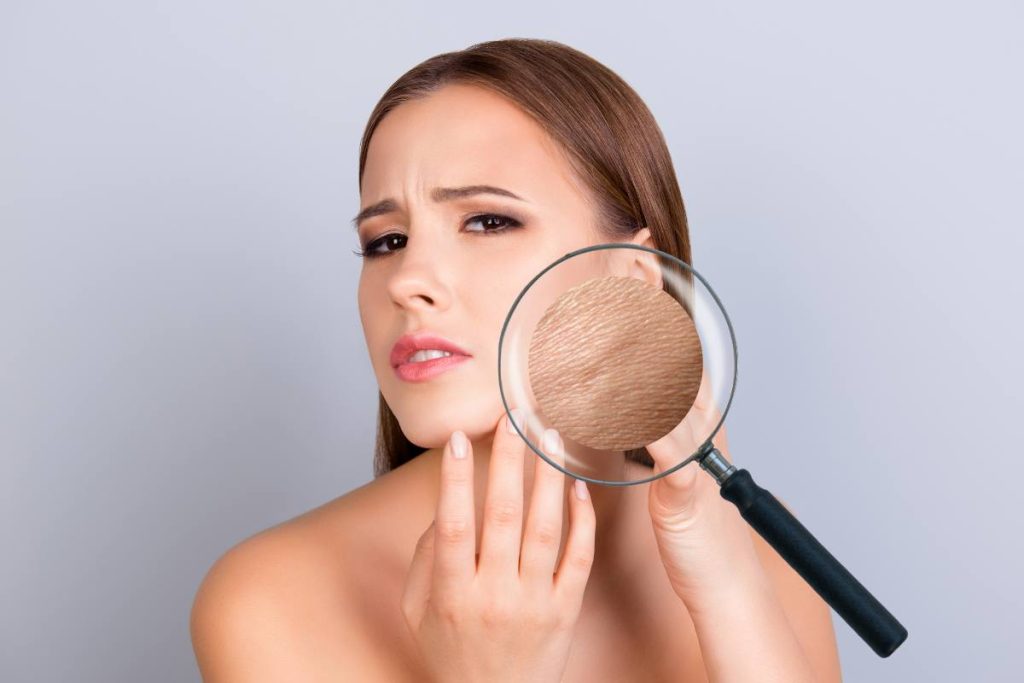What Causes Dry, Rough Skin and Why It Matters
When your skin feels tight, flaky and even slightly painful to the touch, it’s usually a clear sign of dehydration and a compromised skin barrier. Dry, rough skin doesn’t just look dull—it can crack, become inflamed and leave you feeling self-conscious. At its core, dehydrated skin lacks sufficient lipids (natural fats) in the epidermal layer, which normally lock in moisture and protect against environmental stressors. Without these lipids, water escapes more easily, leaving your skin rough, tight and prone to redness.
Key Triggers for Dry, Rough Skin
Understanding what might be stripping your skin of moisture is the first step to restoration. Common culprits include:
- Genetic predisposition: Some individuals simply produce fewer natural oils, making dryness more likely.
- Hormonal fluctuations: Pregnancy, menopause or thyroid imbalances can impact sebum production.
- Poor diet: A lack of healthy fats (omega-3s and omega-6s) and excessive caffeine or alcohol can worsen dehydration.
- Overwashing: Frequent hand washing or long, hot showers strip away protective oils.
- Harsh cleansers: Soaps containing strong detergents or fragrances can disrupt your skin’s natural pH.
- Environmental factors: Cold winds, low humidity, and reliance on heating or air conditioning can zap moisture.
- Medical conditions: Eczema (atopic dermatitis), psoriasis, diabetes, or certain medications may aggravate dryness.
- Lifestyle stresses: Chronic stress, poor sleep and smoking all impair the skin’s ability to regenerate.
When to Consult a Dermatologist
If your skin is extremely tight, cracking or affecting daily comfort, it’s wise to seek professional guidance. A dermatologist can:
- Identify any underlying medical factors (e.g., eczema, thyroid issues).
- Recommend prescription-strength emollients or barrier creams.
- Suggest a tailored skincare regimen with medicated cleansers and treatments.
- Perform tests for allergies or contact dermatitis.
Professional evaluation ensures you treat the root cause, not just the symptoms.
Essential Daily Skincare Steps
For skin that’s moderately dry but still responsive to over-the-counter care, consistency is key:
- Gentle cleansing: Use a cream or oil-based cleanser free from SLS, sulfates and strong fragrances.
- Targeted moisturising: Choose a rich cream formulated with ceramides, hyaluronic acid and plant-derived oils. Apply immediately after bathing or hand washing—while skin is still damp—to lock in hydration.
- Protective layering: Seal in moisture with an occlusive balm (e.g., shea butter or petrolatum) on particularly rough patches.
- Sun protection: Dry skin is more prone to UV damage. Use a broad-spectrum SPF 30+ daily, even in winter.
- Hands and feet care: Treat hands and heels to nightly slathering of a thick barrier cream, then slip on cotton gloves or socks to boost absorption.
Diet and Hydration: Inside-Out Improvement
Your skin is nourished from within, so diet and fluid intake play a huge role:
- Healthy fats: Incorporate fatty fish (salmon, mackerel), nuts, seeds and avocados to support your lipid barrier.
- Water intake: Aim for at least 8 glasses (2 litres) of water a day to maintain cellular hydration.
- Limit dehydrators: Reduce alcohol, caffeine and fizzy drinks that can draw moisture out of your skin.
- Antioxidants: Fruits and vegetables rich in vitamins C and E help protect against environmental damage.
Smart Protective Measures
Small environmental adjustments can dramatically improve skin comfort:
- Humidifier at home: Maintaining indoor humidity around 40–60% prevents air from sapping moisture.
- Glove up: Wear protective gloves when cleaning or washing dishes to shield hands from harsh detergents.
- Avoid long hot baths: Use lukewarm water and pat skin dry gently instead of rubbing.
- Skip exfoliation: Harsh scrubs or chemical peels can worsen sensitivity on already fragile skin.
Ingredient Spotlight: Seek and Avoid
When shopping for skincare, look for these skin savers:
- Active ceramides to rebuild the lipid barrier
- Hyaluronic acid for deep hydration
- Niacinamide for barrier reinforcement and redness reduction
- Natural oils (argan, jojoba) for gentle moisture
Avoid products that contain:
- Alcohol denat or isopropyl alcohol (drying agents)
- Harsh sulfates (SLS/SLES)
- Artificial fragrances or dye
- High concentrations of retinoids or acids if your skin is super sensitive
The Power of Consistency
Transforming dry, rough skin requires patience and a holistic approach. By understanding your skin’s needs—both internally and externally—you can restore its natural resilience and suppleness. Stick to a gentle routine, nourish from within and adapt your environment to preserve moisture. Over time, you’ll see smoother, more comfortable skin that feels just as good as it looks.
